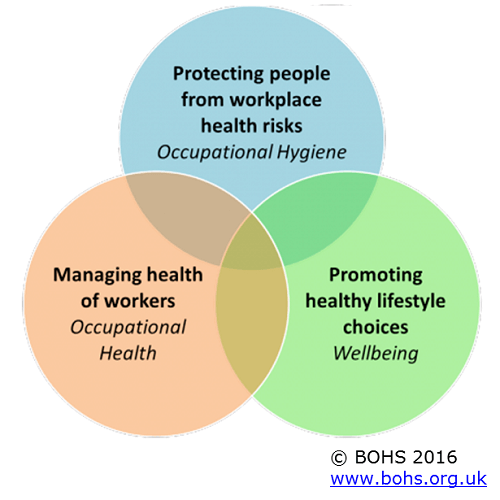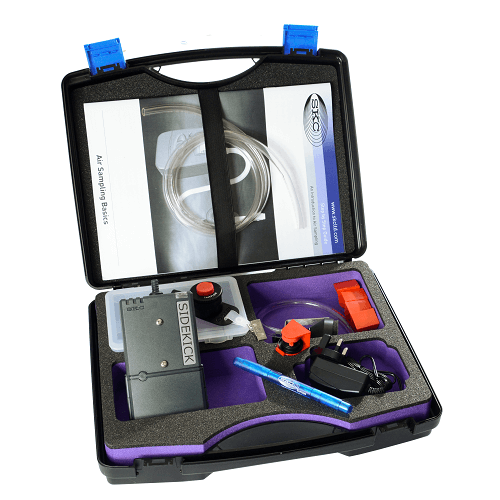- Air Sampling Pumps
- Calibration Equipment
- Servicing and Calibration
- Sampling Heads
- Sorbent Tubes
- Passive Samplers
- Particulate Monitors
- Filters and Cassettes
- Gas Sample Bags
- Air Sampling Kits
- Gastec Detection Tubes
- Face Level Sampling
- Surface & Skin Sampling
- Asbestos Sampling
- Bioaerosol Sampling
- Environmental Sampling
- Noise Monitoring
- Vibration Monitoring
- Air Sampling Pumps
- Calibration Equipment
- Servicing and Calibration
- Sampling Heads
- Sorbent Tubes
- Passive Samplers
- Particulate Monitors
- Filters and Cassettes
- Gas Sample Bags
- Air Sampling Kits
- Gastec Detection Tubes
- Face Level Sampling
- Surface & Skin Sampling
- Asbestos Sampling
- Bioaerosol Sampling
- Environmental Sampling
- Noise Monitoring
- Vibration Monitoring
What is Occupational Hygiene?

Occupational Hygiene has been defined as:
"The discipline of anticipating, recognising, evaluating and controlling health hazards in the working environment with the objective of protecting worker health and well-being and safeguarding the community at large."
Anticipating
- Identifying potential hazards in the workplace
Recognising
- Identifying the threat a potential hazard poses, e.g. chemical agent, physical agent, biological agent, ergonomic factor or psychosocial factors
Evaluating
- Measuring the personal exposure of the worker to the hazard, with assessment to published occupational limits (e.g. EH40)
Controlling
- Minimising the worker's exposure, usually through preventative measures
How Important is Occupational Hygiene?
This can be illustrated by comparing statistics. In the UK,
- Number of deaths due to work activities is about 250 per year
- Deaths due to road traffic accidents about 2,500 per year
- Deaths due to work related cancer and respiratory disease is estimated at 13,000 per year
Examples of airborne workplace hazard substances/processes include:
Crystalline silica
- Quarrying, brick and tile manufacture, ceramic manufacture, sandblasting and glass manufacture
Machine-made mineral fibre
- Thermal and acoustic insulation, asbestos
Welding fume
- Airborne gases and fine metal particles
Isocyanates
- Polyurethane, foam, solvent, adhesive, varnish and paint manufacture
Wood dust
- Machining or cutting
Pharmaceuticals
- Specific hazards from potent compounds
Petroleum products
- Lubricating oils, aromatic extracts, gas and fuel oils
Mining - mineral and metal extraction
- Coal dust, asbestos, arsenic, silica
Metal use and refining
- Cadmium, lead, chromium
Biological
- Legionella, bacteria, viral, fungal spores
How can SKC help?
SKC's relationship with the science of occupational hygiene is that we supply air sampling equipment, enabling the recognition and evaluation of a potential chemical (gas/vapour/solid) or biological hazard to be measured qualitatively and quantitatively, and monitored again after control measures have been put in place to evaluate their effectiveness. Although SKC offer predominantly air sampling equipment we also have a range of complimentary products for skin/dermal and surface sampling, environmental sampling, noise monitoring and hand-arm vibration monitoring.

